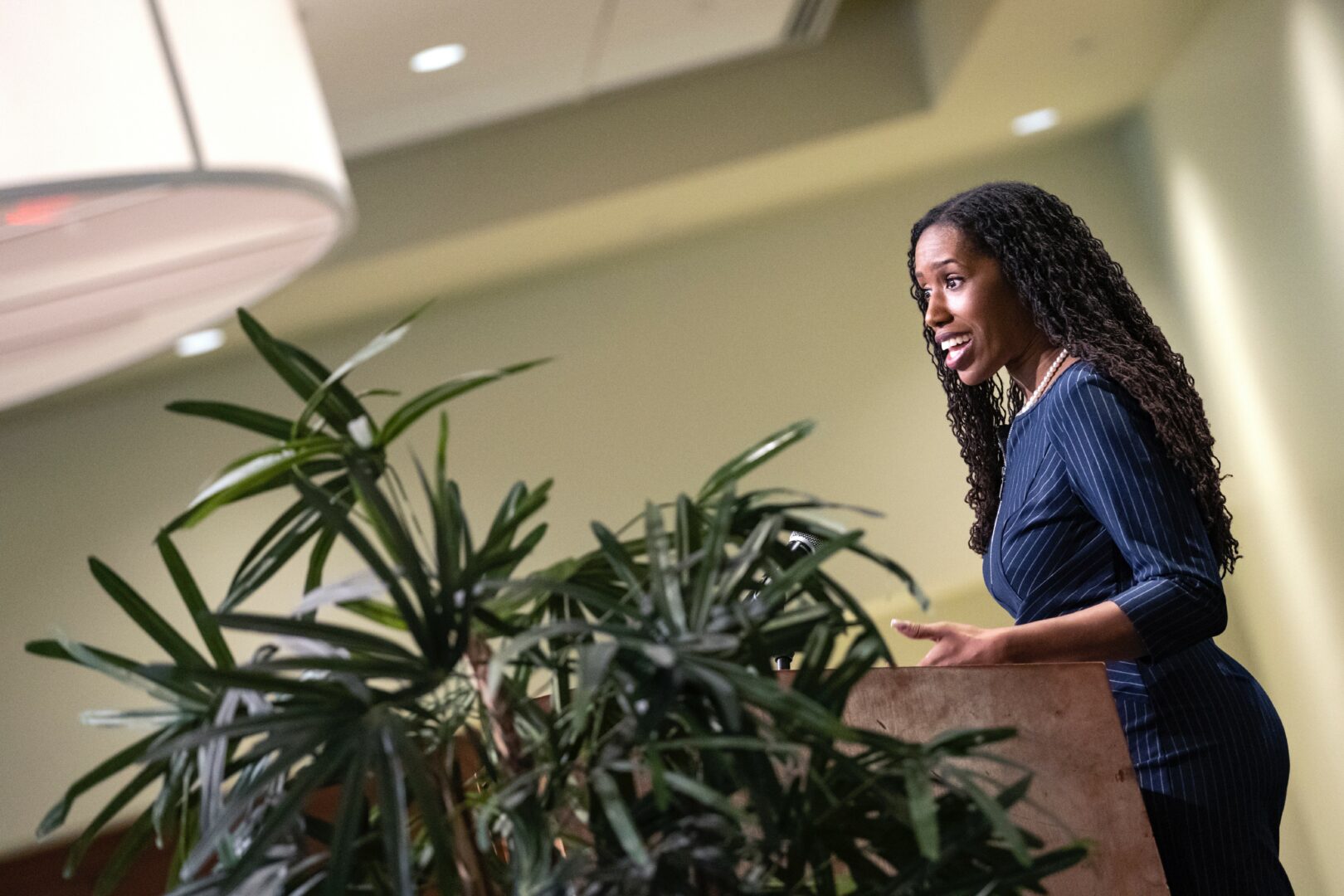We were lucky to catch up with Elizabeth Hordge-Freeman recently and have shared our conversation below.
Elizabeth, so great to be with you and I think a lot of folks are going to benefit from hearing your story and lessons and wisdom. Imposter Syndrome is something that we know how words to describe, but it’s something that has held people back forever and so we’re really interested to hear about your story and how you overcame imposter syndrome.
I think it’s important to reframe the concept of ‘imposter syndrome’ because it suggests there is an individual deficiency that we need to overcome when, in reality, what many Black women experience is a normal response to institutions that systematically undervalue our skills, abilities, and contributions. I don’t feel like an imposter; I feel the impact of being undermined. Rather than pathologize my experiences, I focus on holding institutions accountable for the ways they diminish and dismiss Black women and folks from marginalized groups. The real issue isn’t self-doubt—it’s the structural barriers that create it.
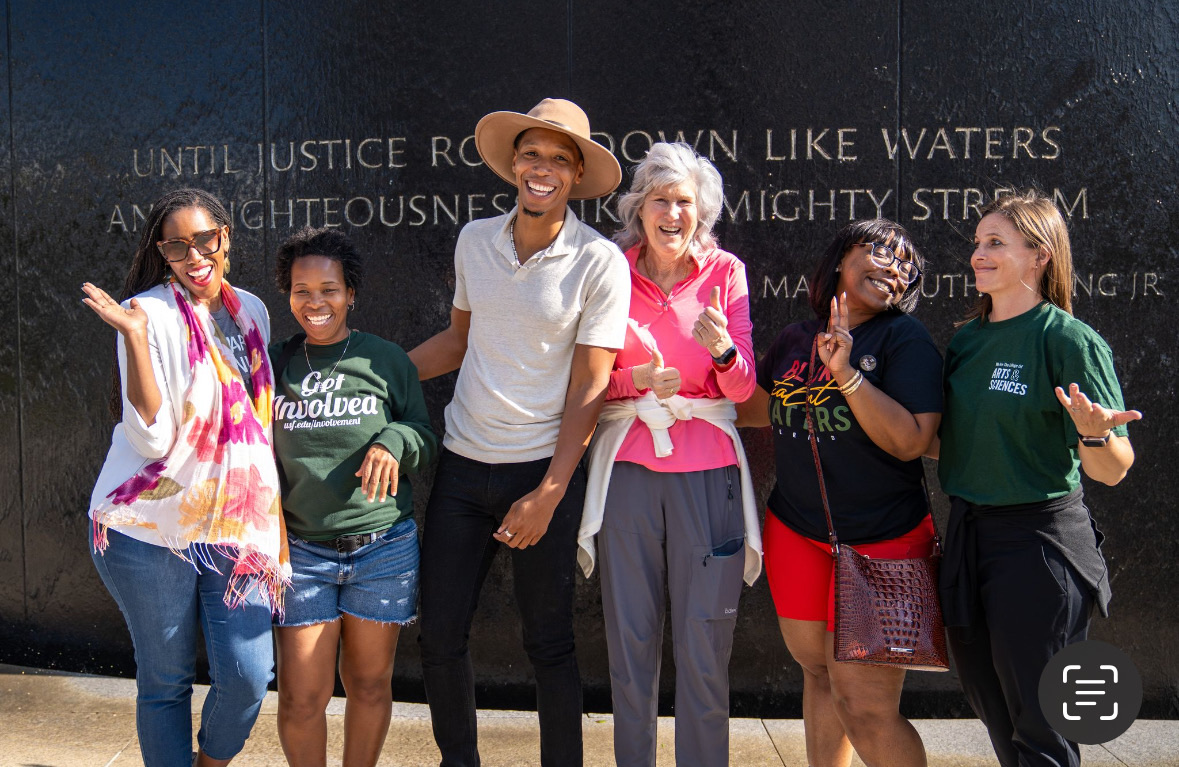
Thanks, so before we move on maybe you can share a bit more about yourself?
As a sociologist and author, I am interesting in uncovering and challenging the ways systemic inequalities persist in everyday life. In my work, I explore how institutions—from families, places of work, and universities—both reflect and reinforce systemic oppression. My research, particularly my books, The Color of Love and Second-Class Daughters, examine the lived realities of Black women and girls, illuminating how love, labor, and socialization are shaped by racial hierarchies in Brazil and beyond.
What excites me most about my work is its ability to bridge the gap between scholarship and activism. Whether through my books, my Journey Toward Justice course, art exhibitions, and my documentary work, I am deeply invested in making these conversations accessible to broader audiences—not just academics, but communities directly impacted by the injustices I study. I believe that research is a vital tool for liberation, and I’m always thinking about how we can elevate analysis to action.
Currently, I am expanding my work in public scholarship through new projects related to racism in schools and modern-day forms of slavery. I’m also deeply engaged in mentorship and community-building efforts to support scholars and activists committed to justice. The directorial team of our Journey Towards Justice documentary including Ta’Bria Snowden, Nicky Luckett, Dr. Kathleeen Heide reminds me of the power of multigenerational and interdisciplinary collaboration. At Rice University, I am launching a new Journey Towards Justice class and trip to Alabama, and I’m working on expanding in the future to Bahia, Brazil. At the end of the day, my goal is not just to study injustice but to dismantle it.
For those interested in learning more, engaging in dialogue, or collaborating, I encourage you to follow my work at www.drhordgefreeman.com.
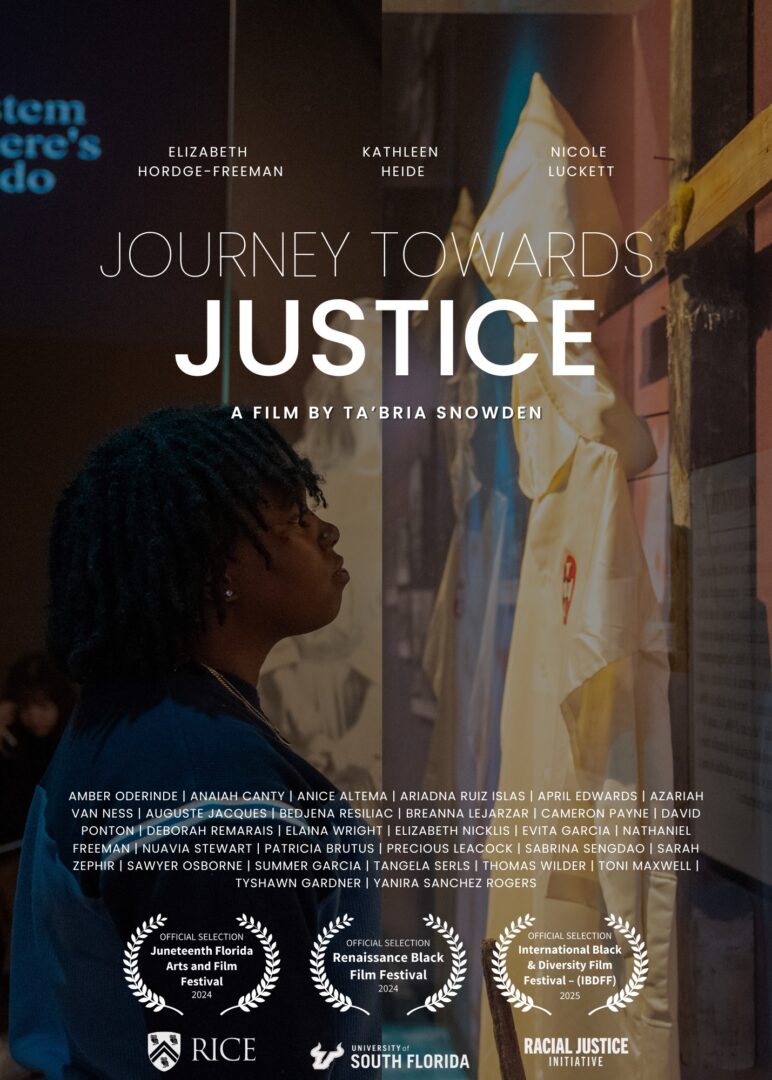
There is so much advice out there about all the different skills and qualities folks need to develop in order to succeed in today’s highly competitive environment and often it can feel overwhelming. So, if we had to break it down to just the three that matter most, which three skills or qualities would you focus on?
Looking back, three key qualities have shaped my journey:
1. Commitment to Justice and Critical Inquiry – My work is driven by a deep commitment to challenging racial and gender inequalities. I approach research as a tool for justice, so I’m constantly interrogating how systems of oppression function and how we can dismantle them. This critical lens has been central to my scholarship, teaching, and advocacy.
2. Global and Intersectional Perspective – Engaging with race, gender, and labor on a global scale has been crucial to my work. Learning Spanish and Portuguese has allowed me to build relationships and conduct research in Brazil and Latin America, which has deepened my understanding of how anti-Blackness operates across different cultural and institutional contexts. This perspective alongside my linguistic skills allows me to connect and collaborate broadly.
3. Community and Relationship-Building– I would not be where I am without the relationships that sustain me. Whether through mentorship, collaboration, or personal support, I’ve learned that meaningful connections are essential. My family, including my incredibly supportive husband, parents, and siblings, has been my foundation. Invest in strong relationships because they are just as (if not more) important as any academic achievement.
For those early in their journey, I encourage you to develop a strong ethical foundation, embrace global learning and travel, and cultivate relationships that nurture you. Your work and well-being will be stronger for it. And this all starts with knowing and loving yourself.
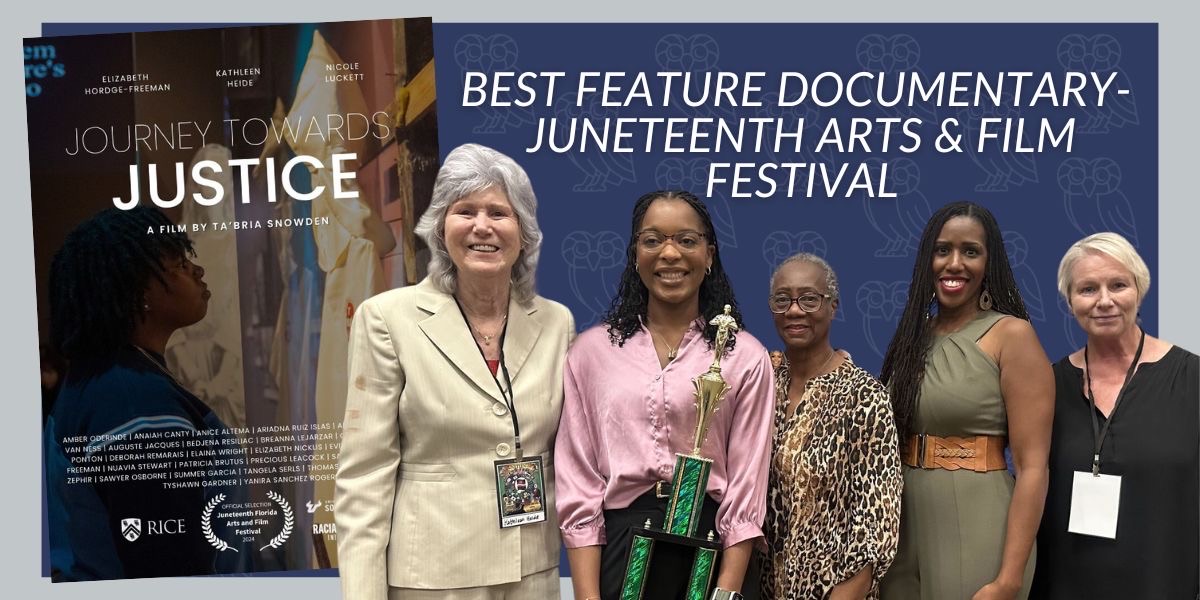
Is there a particular challenge you are currently facing?
There are three things that haunt me – my three horsemen are: perfectionism, procrastination, and people-pleasing. I think many high achieving people experience these. The book The War of Art, while not perfect, helped me to conquer what the author, Steven Pressfield, refers to as ‘resistance’ – the invisible energy that keeps you from getting your work done and living up to your potential.
There are three main takeways from this book that helped me:
(1) Don’t wait for inspiration to strike, sit down and just start. That’s the hardest part!
(2) Replace perfection with process. This means to focus on showing up for yourself (working towards your goal) rather than criticizing the outcome.
(3) Remember that you are competing with no one but yourself. The fight is to allow yourself and your interests to emerge regardless of the desires of others.
Contact Info:
- Website: https://www.drhordgefreeman.com
- Linkedin: https://www.linkedin.com/in/elizabeth-hordge-freeman-034863215
- Youtube: https://m.youtube.com/sweeterthejuice
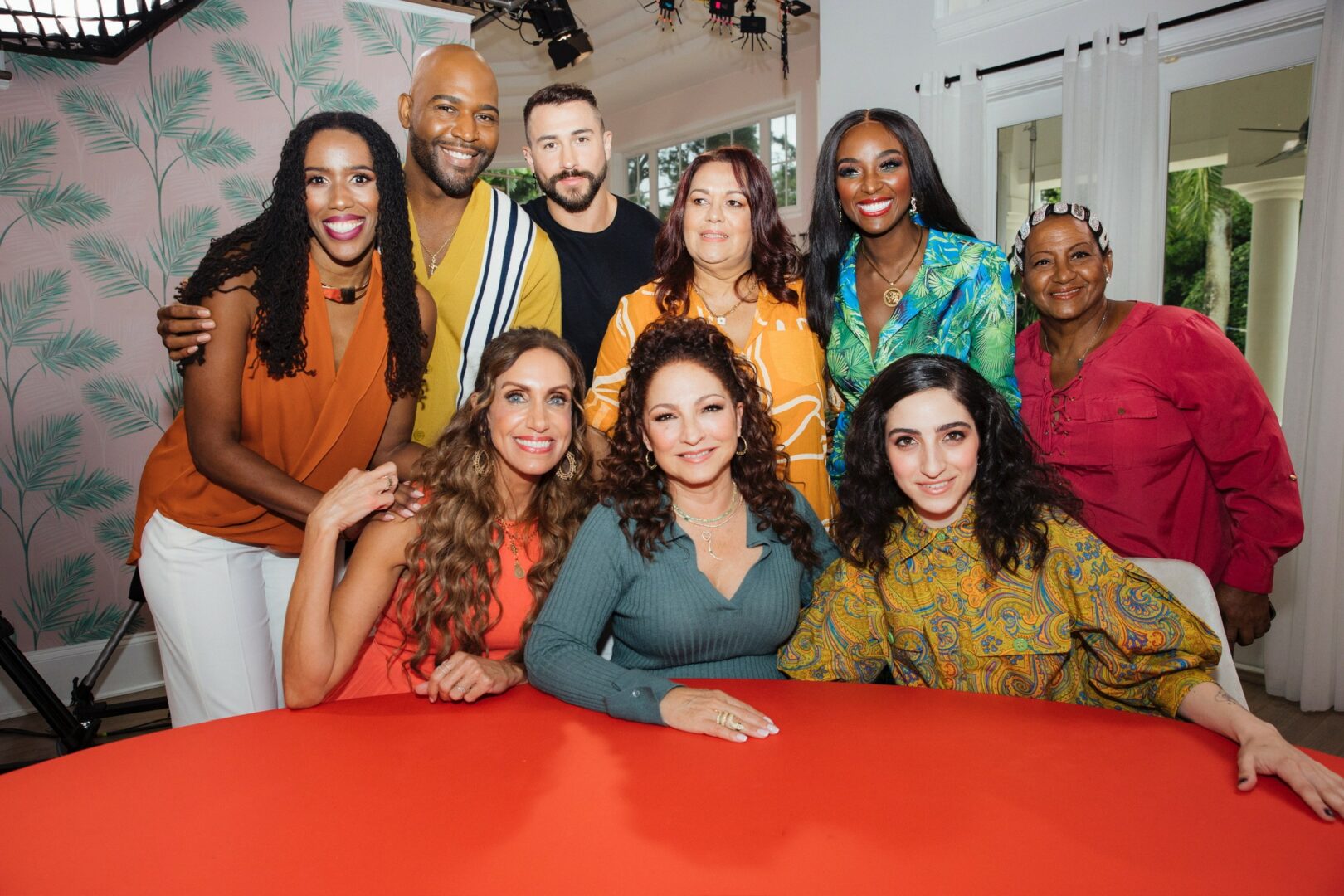
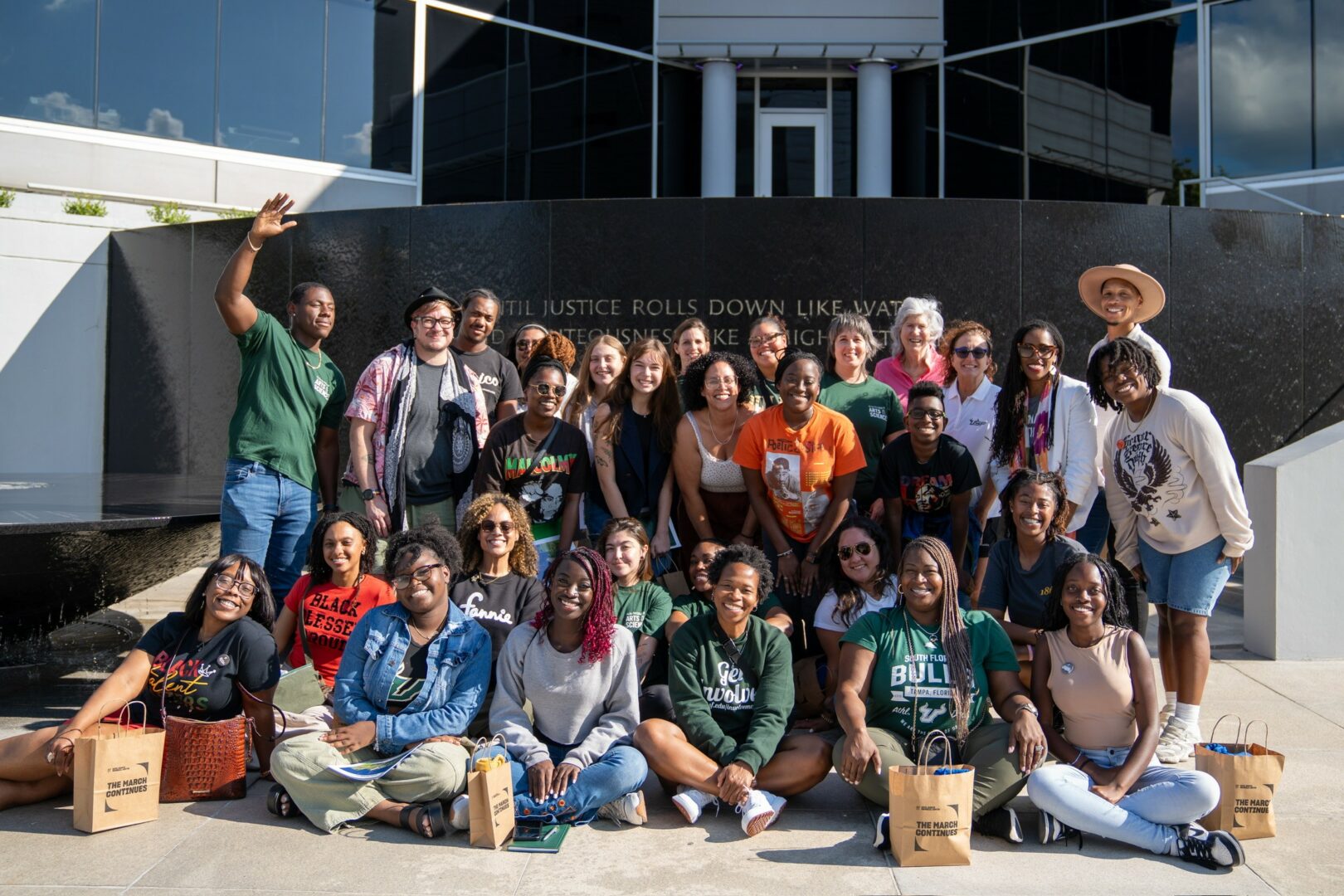
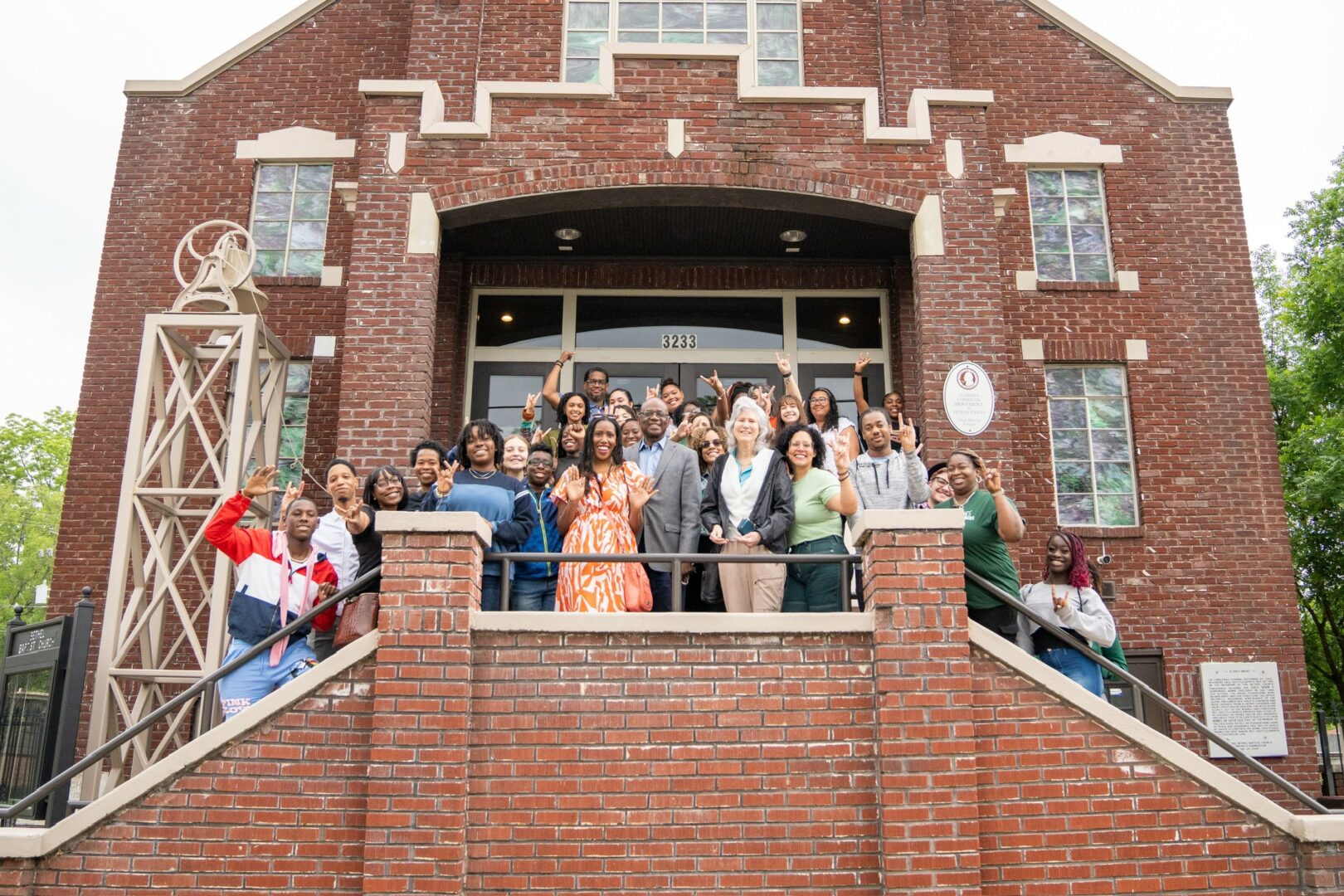
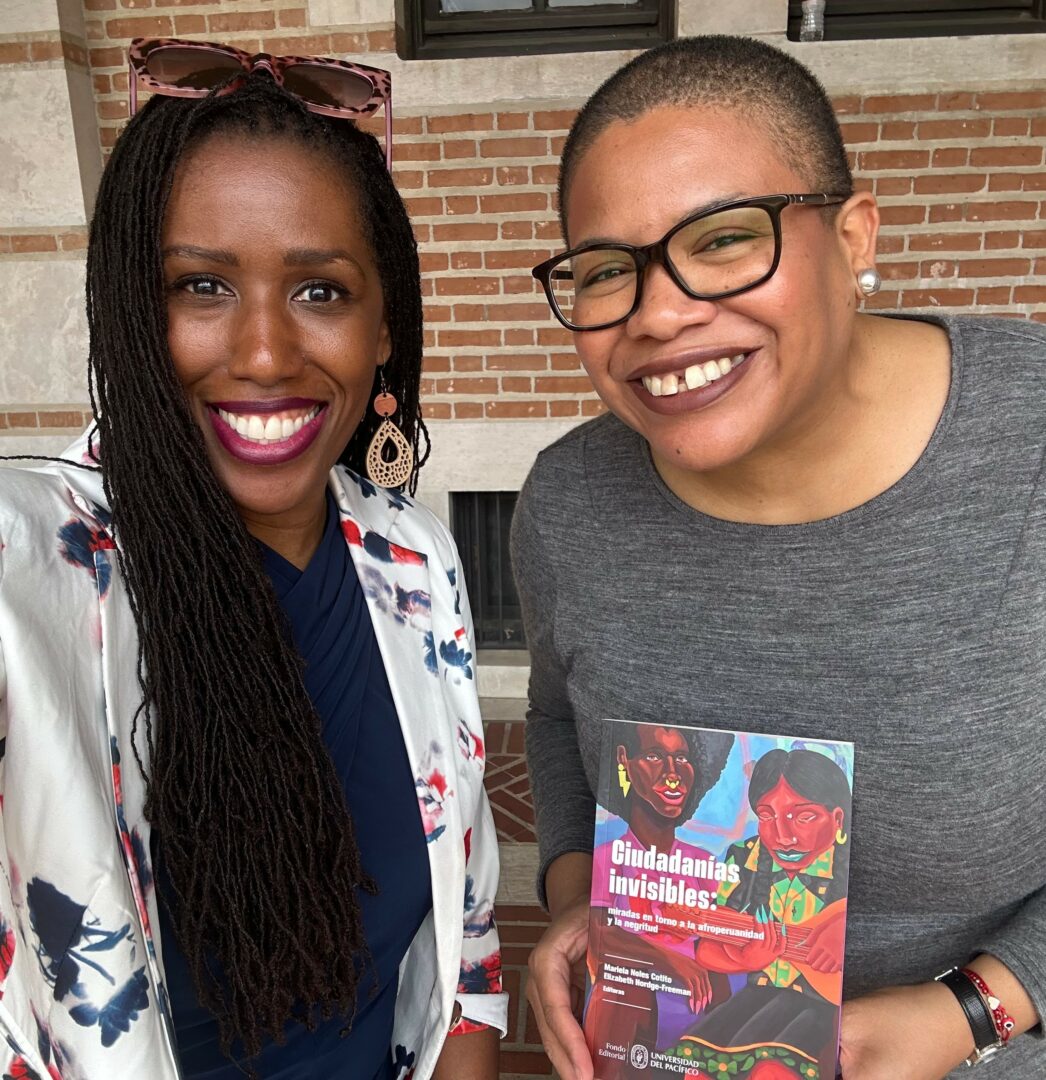
Image Credits
Ta’Bria Snowden
so if you or someone you know deserves recognition please let us know here.

